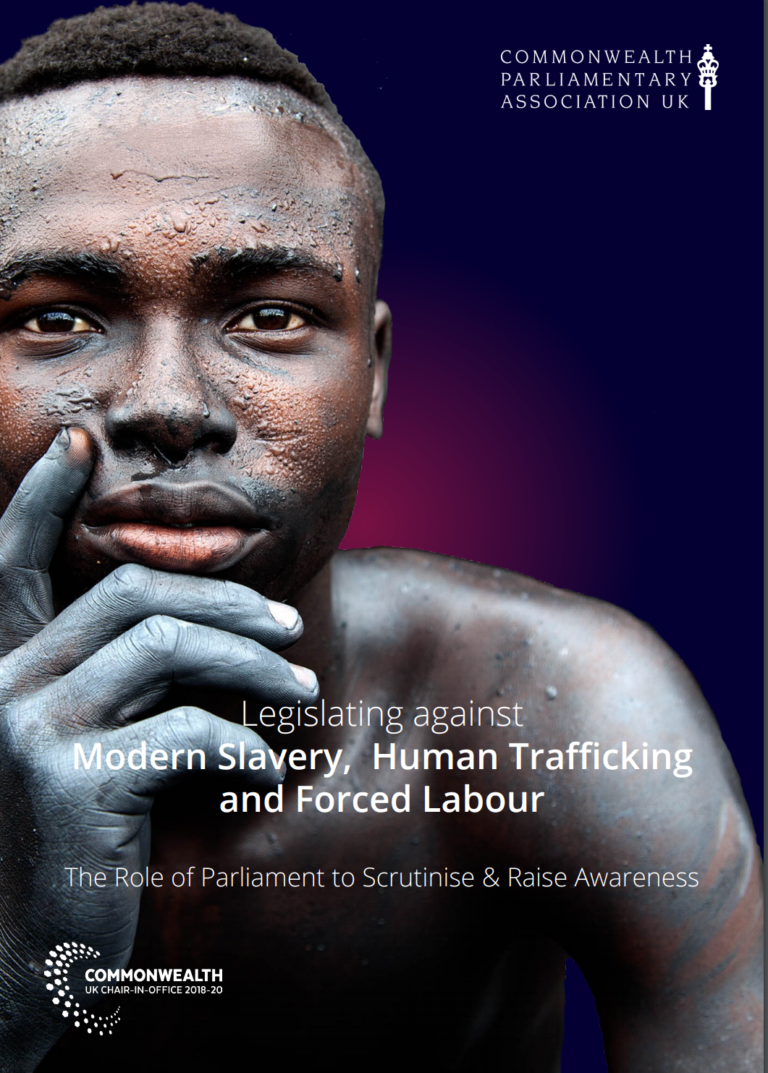The e-Handbook: Legislating against Modern Slavery, Human Trafficking & Forced Labour is a comprehensive guide for parliamentarians and parliamentary officials on legislating effectively against modern slavery related crimes.
One in 200 people is living in some form of modern slavery today. According to the latest figures published by the United Nations, the International Labour Organisation and the Walk Free Foundation, an estimated of 40.3 million people are living in some form of modern slavery. More than half of them are in forced labour, which means they are working against their will and under threat, intimidation or coercion. An additional 15.4 million people are estimated to be living in forced marriages.

